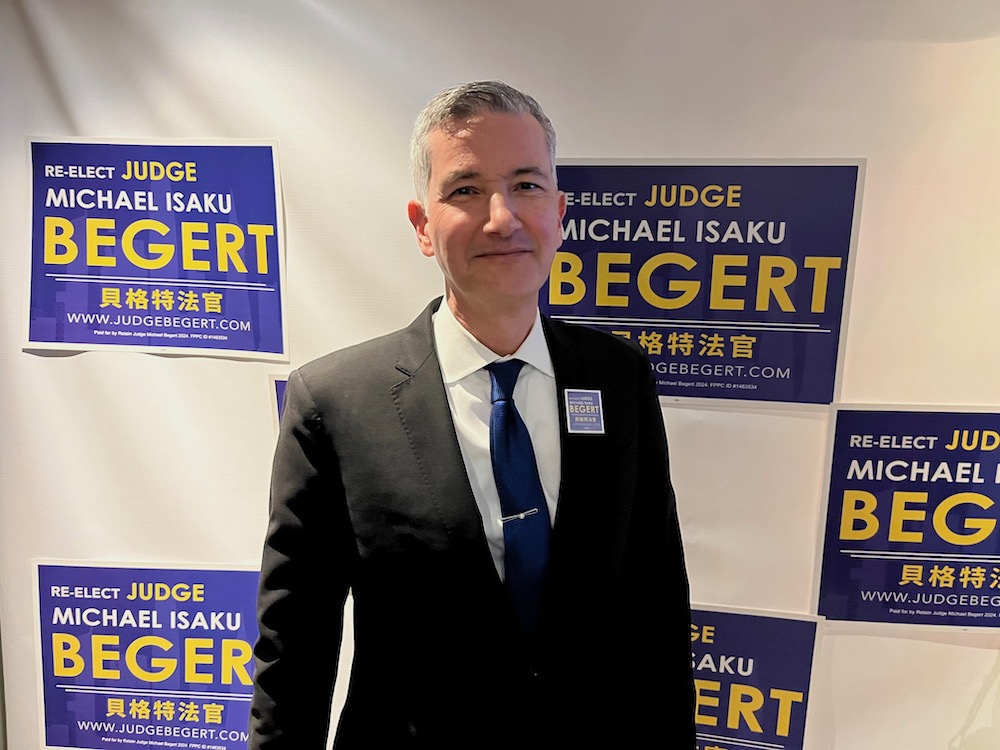The Department of Elections has now counted all but about 30,000 ballots, and while the conservatives still clearly are in control of the local Democratic Party, the latest trend is pretty progressive.
On Election Night, Katie Porter was in second place among local voters for US Senate. Now Barbara Lee has overtaken her. That means nothing in terms of the statewide race, which Adam Schiff won overwhelmingly. But it’s a sign that the remaining ballots, if this is a random sample, will be far more progressive than the ballot counted by Election Night.
Prop. A, the affordable housing bond, is now at 70 percent, which means the later voters were overwhelmingly Yes on A.
The two incumbent judges, who were under attack from right-wing anti-crime groups, saw their leads increase.

The mayor’s ballot measures are still going to win—although Prop. C, the tax break for office conversions, is only a couple of points ahead. The conservatives will dominate the Democratic County Central Committee—but Peter Gallota, Jane Kim, John Avalos, and Michael Nguyen have won seats on the East Side, and Connie Chan and Gordon Mar won on the West Side—and the difference between some of the remaining progressives and the Billionaire Slate members is just a few hundred votes.
I’m not saying the progressives won this election—but given the low, conservative turnout, I also don’t think it’s a soaring mandate for Mayor London Breed.
Joe Eskenazi at Mission Local says the problem is that progressives don’t have any ideas right now.What he means, I think, is that progressives haven’t been able to get out a message about crime and drugs. Progressives in SF have lots of ideas, on all sorts of issues.
There’s no question that the the major news media have whipped up such a frenzy over crime that it’s become a defining issue—and the demonstrable fact that the crime, homelessness, and drug crises have been caused by the exact same agenda that the billionaires are promoting isn’t getting much attention.
The mayor’s measures sound grand, if you think the solution to poverty is punishment. But they won’t work; there’s no way the city can drug screen, much less treat, 5,000 people with an already understaffed and overwhelmed social service sector. There’s no way high-speed chases and spy cameras are going to make the city safer.
Perhaps by November the voters will notice that.





